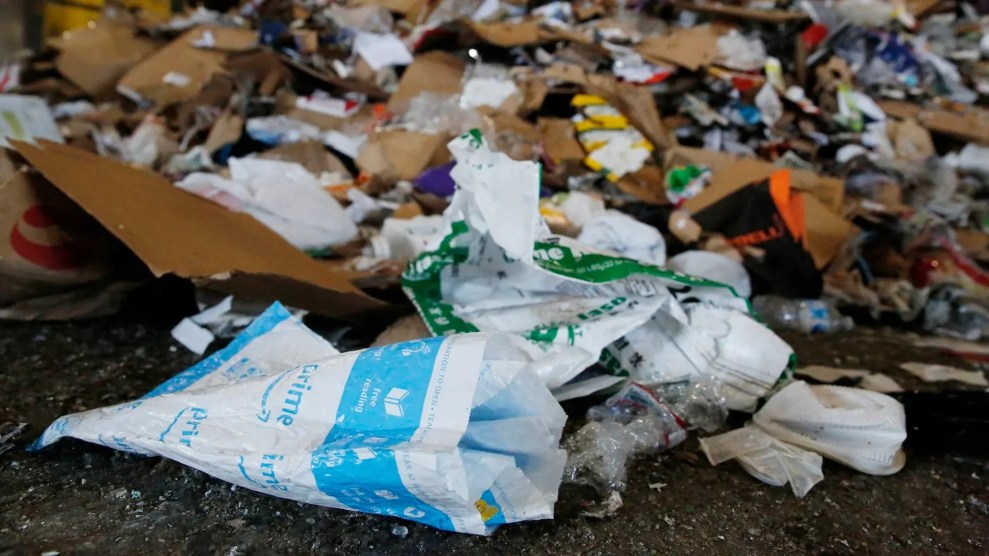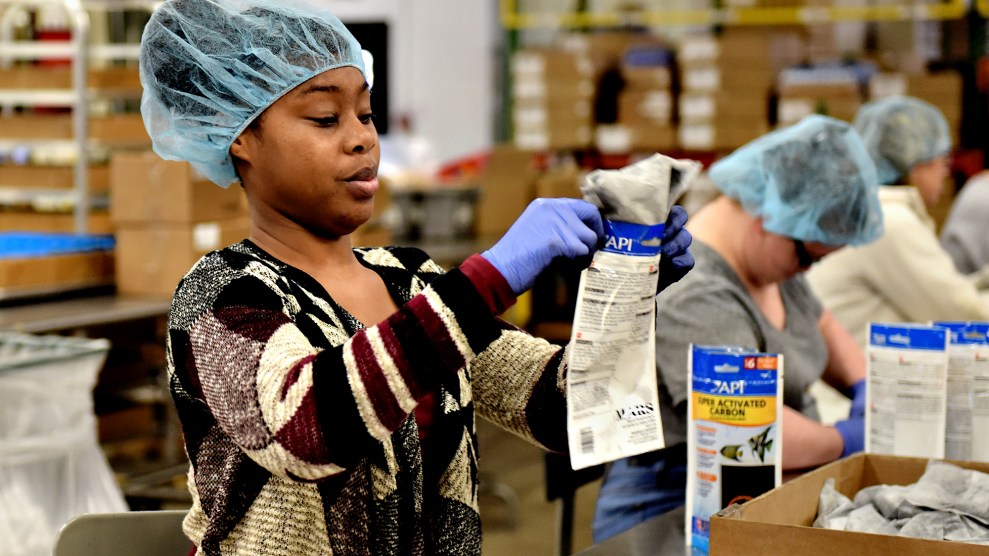Eleven-year-old Yak Kenyang Adieu had his fingers chopped off for not properly tending his master’s goats. Francis Bok slept in animal pens for a decade. And when Arek Kiir Manyuol refused to surrender her baby, her abductors stabbed her and tortured her with fire, before raping her and taking her as a slave.
At least 10,000 people live in slavery in Sudan, Africa’s largest nation. Their bondage stems from the long and bloody civil war between the Islamic government in the north and Christian rebels in the south. For nearly 20 years, government-armed bandits have raided native Dinka villages, often killing the men and taking women and children as slaves.
Frustrated with the slow pace of diplomacy and the apparent inability of traditional humanitarian relief to help Sudanese slaves, an activist group has pioneered a controversial capitalistic approach: They simply buy the captives their freedom. The American Anti-Slavery Group (AASG), collaborating with a Swiss human rights group, says it has bought and freed 20,000 slaves in the past two years. Using funds raised from foundations and private donors, the Boston-based “new abolitionists” say they can purchase a person’s freedom for between $35 and $85. The group works through Arab middlemen who pose as slave traders, buying slaves and marching them to safe havens in the south. After the middlemen are paid, AASG helps return the freed slaves to their native villages.
“The people of southern Sudan are like the Jews of the 1930s and 1940s,” says Charles Jacobs, a former management consultant who founded AASG in 1993. “They have suffered for years while the world looks away.” Jacobs says that the group’s goal is not to buy back every slave, but rather to raise awareness about Sudanese slaves.
Although AASG has won broad support ranging from Christian fundamentalist Pat Robertson to liberal Rep. Barney Frank (D-Mass.), it has also raised hackles among more traditional humanitarian groups. Jemera Rone, a Sudan researcher for Human Rights Watch, worries that AASG’s demand for slaves could, perversely, result in an increased supply. “Their willingness to purchase slaves at a set price might actually encourage an increase in the slave trade,” she says. A senior UNICEF official in Sudan is more forceful in condemning AASG’s peculiar capitalism: “The buying and selling of people is itself a human rights violation,” he says. “And it’s not a sustainable way of dealing with the problems in Sudan.”
Jacobs fends off these criticisms, arguing that his work saves lives in the short term and raises awareness in the long term. He says that only two years ago then-Secretary of State Madeleine Albright told him that the cause of the Sudanese slaves was “not marketable to the American people.” But Jacobs believes his group’s work has changed that.
After former slave Francis Bok, who is now an associate with AASG, testified before Congress last September, then — Assistant Secretary of State for African Affairs Susan Rice made a rare diplomatic visit to southern Sudan, where she met with freed slaves. And in December, when outgoing President Bill Clinton made his first public pronouncement condemning Sudan’s “scourge of slavery,” he credited the new abolitionists and others “who have done so much to publicize the atrocities of Sudan.”












